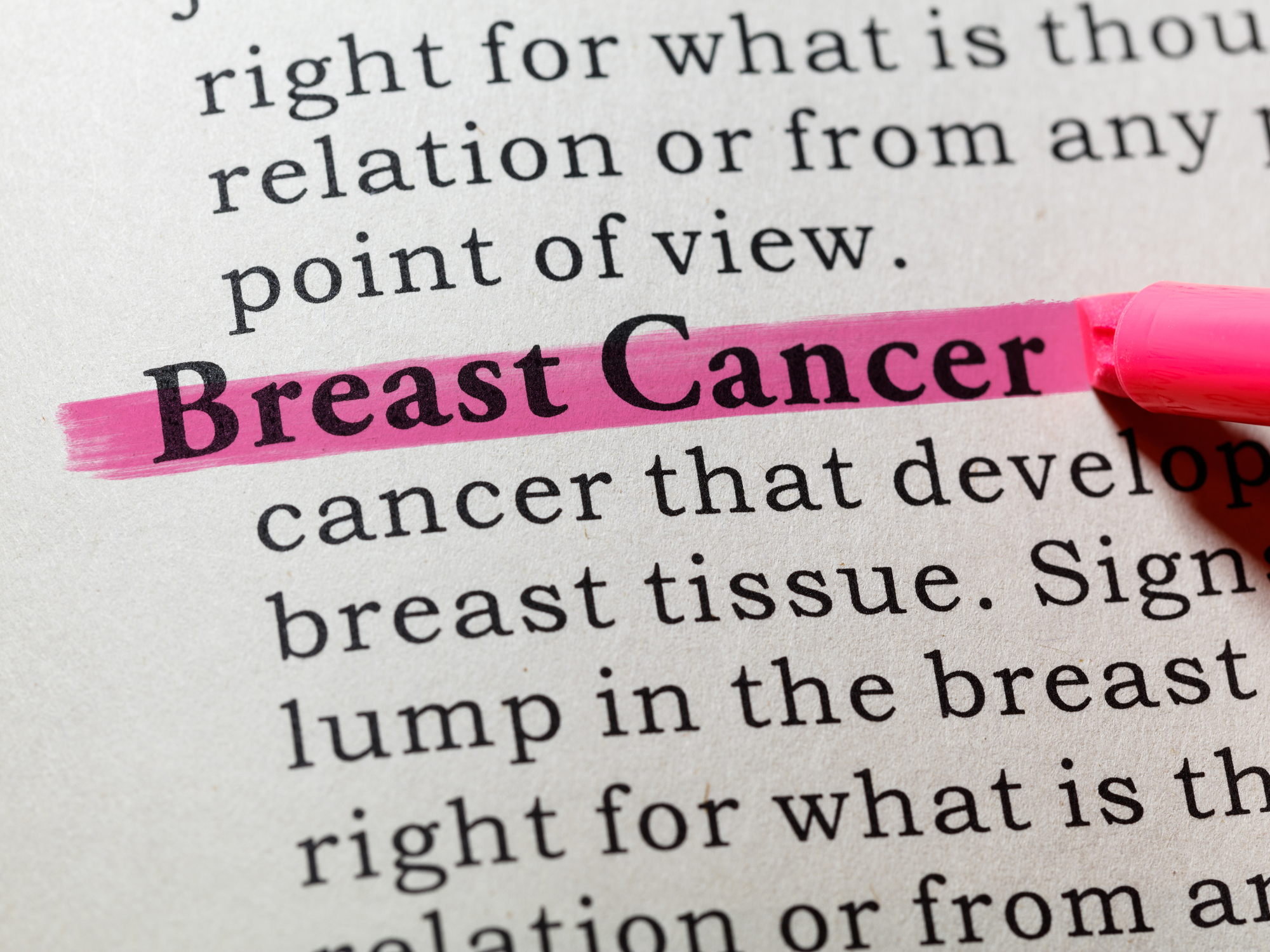Get Easy Health Digest™ in your inbox and don’t miss a thing when you subscribe today. Plus, get the free bonus report, Mother Nature’s Tips, Tricks and Remedies for Cholesterol, Blood Pressure & Blood Sugar as my way of saying welcome to the community!
Feed a cold, starve breast cancer

One in eight women develops invasive breast cancer in their lifetime and 40,610 women will die from breast cancer this year alone. It’s a diagnosis all women fear and for most, it comes after the age of 50.
And, the diagnosis is just the beginning…
Then comes the radiation, chemo, lumpectomy or even mastectomy. Even if you’re one of the lucky ones, survivors deal with scars and sometimes dented breasts, in addition to breast removal and the side effects of reconstruction, not to mention the hair loss as well as neck and back pain brought on by the chemotherapy.
But, there is hope – a new study has demonstrated the power of diet along with radiation to kill the tumors associated with even highly aggressive breast cancer and possibly even provide away to prevent cancer growth in the first place.
Feed a cold, starve a cancer
You’ve heard that old saying – feed a cold, starve a fever… But, the secret may actually be to starve cancer cells.
You see, researchers at the Thomas Jefferson University in Philadelphia set out to discover what effect caloric restriction would have on breast cancer cells, and the results were impressive.
The scientists exposed a triple-negative breast cancer (TNBC) mouse model to a reduced calorie diet and radiation therapy and found that limiting caloric intake resulted in increased production of the proteins involved in maintaining the extracellular matrix of the cancerous cells, which kept the cells from spreading to other areas of the body.
In fact, according to researcher Nicole Simone, MD, “At the molecular level, caloric restriction appears to play a role in keeping the extracellular matrix, which acts as kind of a cage, around the tumor cell, from becoming transversible. The cells are kind of trapped.”
And, this wasn’t the first study to demonstrate that limiting calorie intake could improve your chances of surviving breast cancer.
In a previous study, the same researchers had already proven that combining radiation with a 30 percent calorie reduction induced tumor regression and increased survival. And, at the molecular level, tumors treated with caloric restriction and radiation spread less and were more likely to experience cell death.
Other research studies have also shown that while women gain, on average, about 10 pounds during their first year of breast cancer treatment, this weight gain is associated with worse treatment outcomes.
Breast cancer hope
With this research, it’s clear that caloric restriction could offer hope in the battle against breast cancer.
The key in using a calorie-restricted (CR) diet is to reduce the amount of calories you eat per day by at least 30 percent, as in the studies we just talked about – but, you want to do this while still getting all of the vitamins and other nutrients you need to stay healthy.
Here are some rules to follow:
- Know your set point – Before you start reducing calories, you need to determine how many calories a day you’re currently taking in. Keep a record of everything you eat for four to five days to determine what is normal for you.
- Start slowly – You don’t have to immediately remove 30 percent of your daily calories from your diet. Try reducing by 10 percent a week instead to allow your body to adapt so that you won’t feel deprived.
- Choose nutrient-dense foods – Once you have started your caloric restriction, you should avoid eating “empty calories.” Replace them with high-quality, nutrient-dense foods like good fats, proteins and vegetables instead.
- Consider intermittent fasting – For some people, regular caloric restriction is just too difficult to stick with. If this describes you, consider intermittent fasting instead. To do this, you can schedule your eating for a narrow window of time each day, for example, 11 a.m. to 7 p.m. – the rest of the time you fast. Following this schedule, you’ll be asleep during most of your fast. My colleague Craig Cooper fasts for a full 24 hours but only does this once or twice a week. You can read more about that here.
Breast cancer can rob you of your confidence as well as your life but new studies are offering hope through caloric restriction. By reducing the number of calories you consume each day, you could not only stop cancer spread but possibly even prevent cancer growth in the first place.
Editor’s note: Discover how to live a cancer prevention lifestyle — using foods, vitamins, minerals and herbs — as well as little-known therapies allowed in other countries but denied to you by American mainstream medicine. Click here to discover Surviving Cancer! A Comprehensive Guide to Understanding the Causes, Treatments and Big Business Behind Medicine’s Most Frightening Diagnosis!
Sources:
- U.S. Breast Cancer Statistics — Breastcancer.org
- How Common Is Breast Cancer? — American Cancer Society
- What it’s really like to get breast cancer as a young woman — The Telegraph
- Low Calorie Diet Slows Breast Cancer Spread in Mice — MedPage Today
- Caloric restriction augments radiation efficacy in breast cancer — Cell Cycle












